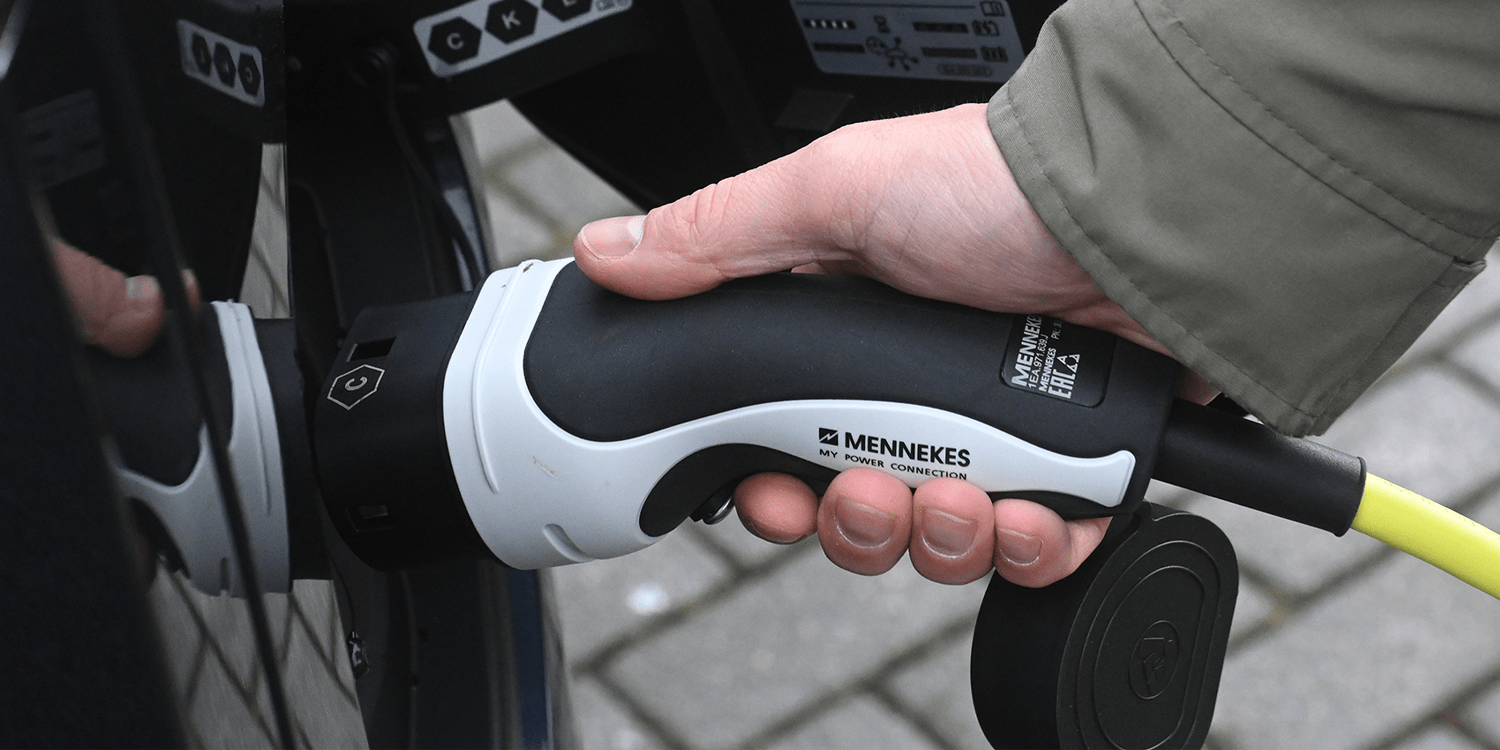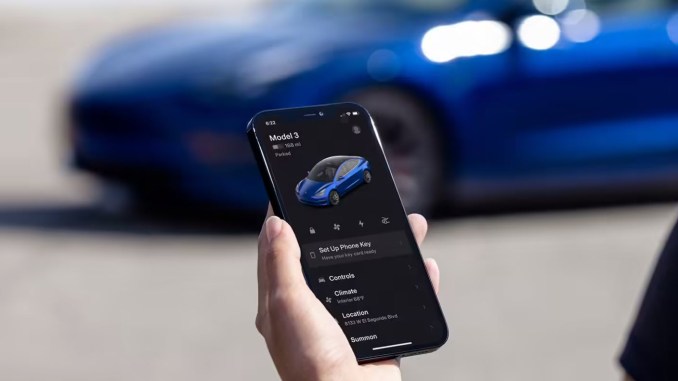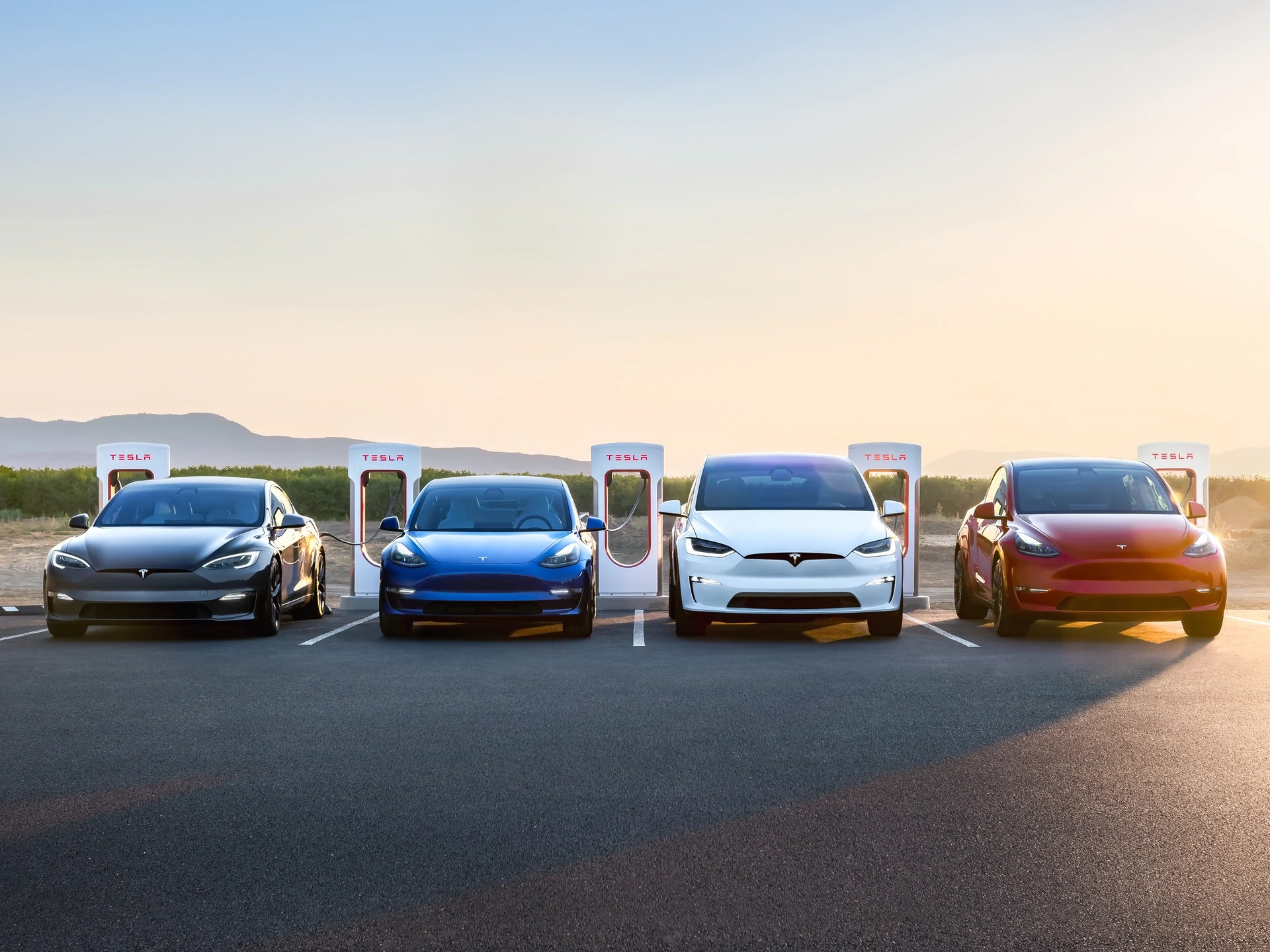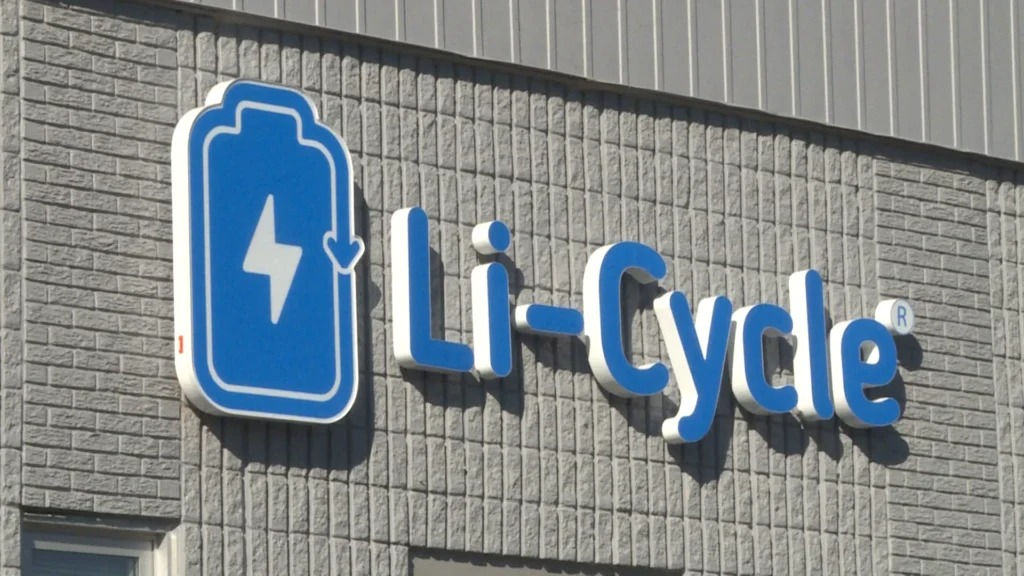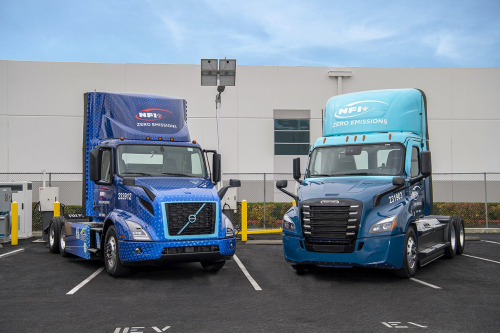The United States Treasury Department announced on Monday that new battery sourcing rules would result in several automakers losing access to a $7,500 tax credit for their electric vehicles. Companies affected include BMW, Hyundai, Nissan, Rivian, Volvo, and Volkswagen. The rules come into effect on Tuesday, and they aim to reduce the US’s dependence on China for EV battery supply chains, in line with President Joe Biden’s goal of making 50% of new US vehicle sales EVs or PHEVs by 2030.
Under the new regulations, the Tesla Model 3 Standard Range Rear Wheel Drive credit will be reduced by half to $3,750, while other Tesla models will continue to receive the full $7,500 credit. The vehicles that will lose their credits include the BMW 330e, BMW X5 xDrive45e, Genesis Electrified GV70, Nissan Leaf, Rivian R1S and R1T, Volkswagen ID.4, Audi Q5 TFSI e Quattro, and Volvo S60 PHEV. However, the General Motors electric Chevrolet Bolt and Bolt EUV will qualify for the full $7,500 tax credit.
Hyundai has stated that it is committed to its long-range EV plans and will use key provisions in the Inflation Reduction Act to expedite the transition to electrification. In contrast, Rivian declined to comment, and other automakers could not be immediately reached for comment.
Last month, the rules were announced and mandated by Congress as part of the $430 billion Inflation Reduction Act (IRA), requiring 50% of the value of battery components to be produced or assembled in North America to qualify for a $3,750 credit. Additionally, 40% of the value of critical minerals sourced from the US or a free trade partner qualifies for the same credit. The law required vehicles to be assembled in North America to qualify for any tax credits, which eliminated nearly 70% of eligible models in August. On January 1, new price caps and limits on buyers’ income took effect.
On April 18, Ford Motor and Chrysler-parent Stellantis stated that most of their electric and PHEV models would see tax credits halved to $3,750. The Treasury confirmed the automakers’ calculations.
Last week, the Environmental Protection Agency proposed new emissions rules that forecasted 60% of new vehicle sales in 2030 would be EVs. A preliminary analysis found that nearly 65% of Q1 EV sales qualified under North American final assembly and price cap requirements, and over 90% of those previously eligible first-quarter sales remain eligible for at least a $3,750 credit.
In December, the Treasury stated that EVs ineligible for the $7,500 consumer tax credit could qualify for a commercial leasing $7,500 credit.

